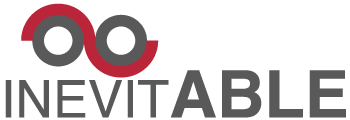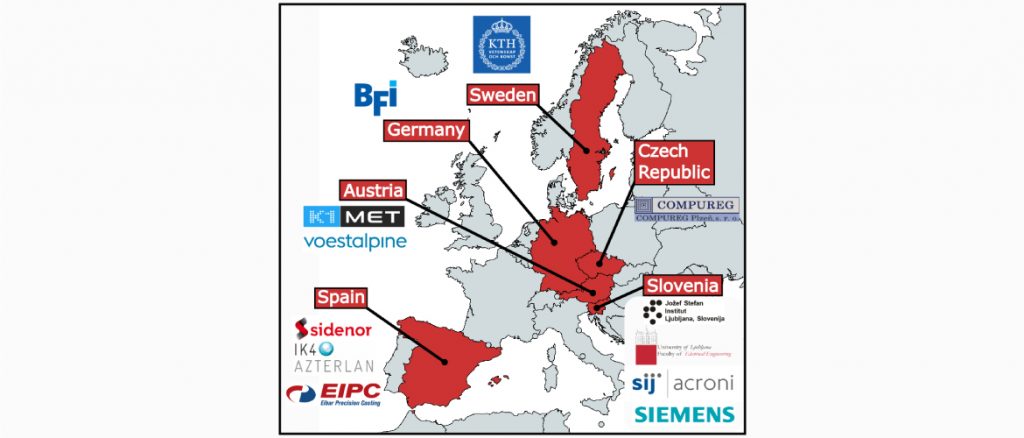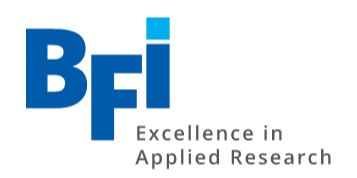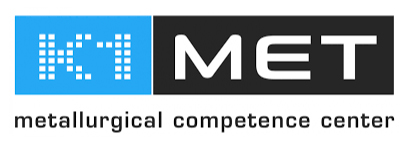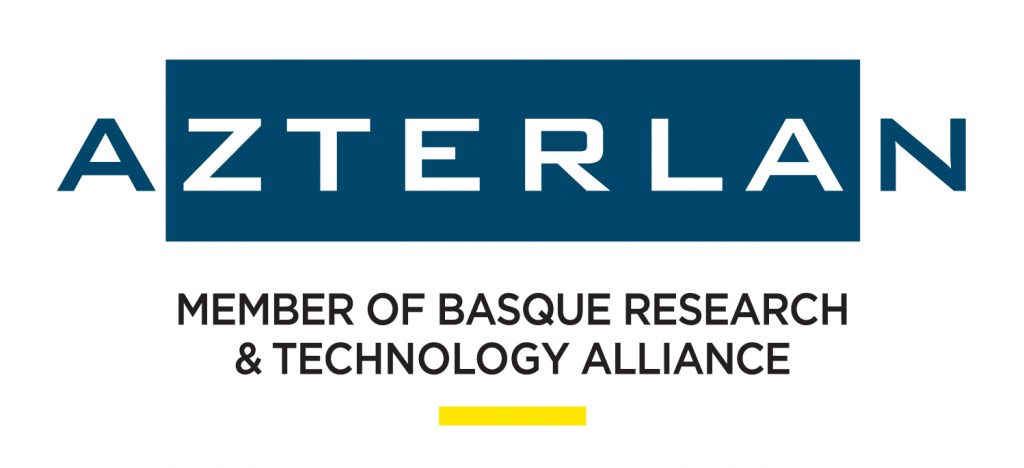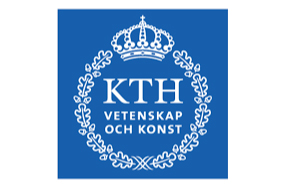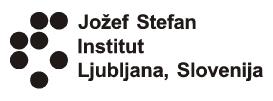E-mail: info@inevitable-project.eu
E-mail: info@inevitable-project.eu
CONSORTIUM
- Home
- CONSORTIUM
The consortium is formed around metal production sector and it consists of:
STEEL/METAL PRODUCERS (END USERS)
INSTITUTIONS SPECIALIZED IN METALLURGY AND RELATED CONTROL TECHNOLOGIES
PROCESS CONTROL AND AUTOMATION PROVIDERS AND RESEARCH INSTITUTIONS
JOZEF STEFAN INSTITUTE, DEPARTMENT OF SYSTEMS AND CONTROL (JSI)
The Department of Systems and Control is focused to the applied research, development of control systems, and transfer of knowledge into industrial applications. It has experiences in process control in steel industry (control of steel slitting lines and plasma annealing machines).
Role in the project: JSI is a project coordinator. Their work is focused also to the control, optimization and digitalization of cold rolling mills, which is one of the use cases in the project.
BFI, VDEH-BETRIEBSFORSCHUNGSINSTITUT GMBH (BFI)
BFI performs applied research and development in the field of steel technology and connected branches. The main object is the cross-process optimization of steel production under resource efficiency, product quality, economic and environmental aspects. The department “Measurement and Automation Steelmaking” has tradition in development of novel measurement techniques and on-line process control tools in the industrial environment of the steel plants.
Role in the project: BFI is implementing process monitoring systems using cameras and image processing using special developed software. It is also developing predictive process models of Electric Arc Furnace and Secondary Metallurgy processes and integrate them in process control and decision support systems.
AZTERLAN (AZT)
AZT is a private and independent technological center with the main mission to improve the competitiveness of the local and European industry by the development of research and innovation activities. It is active in areas of advanced manufacturing, energy efficiency, real time control equipment to predict defect generation, smart manufacturing data management systems and overall manufacturing process advanced design.
Role in the project: AZT is participating in the non-ferrous demonstration process to define the process variables and main KPIs. It will support the sensor networks upgrade, mainly in the installation of new sensors for temperature, humidity and wind control in shell rooms. It will analyze the effects of different variables to the scrap rate and quality of final product. By its different products for data analysis and predictive modelling it will participate in process modelling especially for non-ferrous case study in the project.
K1-MET GMBH (K1-MET)
K1-MET is the Austrian competence center for advanced metallurgical and environmental process development. The research activities cover the entire steelmaking process chain, including resources and recycling, high-temperature metallurgy, processing and energy (continuous casting process), energy efficiency and reduction of specific CO2 emission, and modelling and simulation tools. K1-MET also works on the development of methods for process data acquisition and analysis, process visualization, data mining storage and databases.
Role in the project: K1-MET is working on special sensors, data collection, expert knowledge-based decision support systems, image signal analysis for evaluation of stirring efficiency in liquid steelmaking process and on-line prediction and advisory systems.
UNIVERSITY OF LJUBLJANA, FACULTY OF ELECTRICAL ENGINEERING, LABORATORY OF CONTROL SYSTEMS (UL)
UL performs research on automatic control. Beside traditional approaches, adaptive, predictive and multivariable systems are studied together with artificial intelligence approaches based on fuzzy logic, neural networks and expert systems. It performed research in the area of modelling, simulation and monitoring of the EAF (electric arc furnace) processes and on decision-support methods based on smart sensors for steel recycling process in EAF.
Role in the project: UL will results their research results as the basis for the implementation of the particular use case of the proposed project.
THE ROYAL INSTITUTE OF TECHNOLOGY, MATERIALS SCIENCE AND ENGINEERING PROCESS UNIT (KTH)
KTH is mostly directed towards fundamental research relevant to metallurgical and materials processes, where the unit is known for their realistic CFD and phenomena models based on mechanism study from both industrial trials and laboratory experiments.
Role in the project: KTH will develop a dynamic model for the ladle refining process by integrating an existing mass and heat transfer model for the steel composition and temperature. Furthermore, thermodynamic models will be generated to predict slag-metal reactions and the composition of the main types of inclusions in the ladle, which cause poor castability and for cleanliness level in the final product.
SIJ ACRONI
SIJ Acroni is a member of steel division of SIJ – Slovenian steel group. SIJ is the largest Slovenian steel producer and one of the largest producers of stainless and special steels in Europe. It is the largest vertically integrated metallurgical group in Slovenia and a market leader in European and global niche steel markets. SIJ Acroni is a producer of flat rolled steel products. It is among the leading producers of stainless steel quarto plates and wear resistant, high tensile, tool and other special steel quarto plates. Besides quarto plates, it also produces non-oriented electrical steel and hot and cold rolled coils in special grades.
Role in the project: Industrial partner SIJ Acroni will act as end-user. SIJ Acroni has strong interest in digitalization of the production and it will be focused to the optimization of Electric Arc Furnace and Cold Rolling Mill processes. Local partners (JSI, UL and SIEMENS) will be strongly involved in process optimization.
SIEMENS D.O.O.
SIEMENS is a leading automation solution provider. Siemens d.o.o. is 100% owned by SIEMENS AKTIENGESELLSCHAFT ÖSTERREICH. Primary activity is the area of marketing, sales, technical support and services for complete portfolio of Siemens products and solutions.
Role in the project: will be in charge for providing consulting, services and equipment for the digitalization platform for digital transformation of production plants within the current project. This includes data communication and data storage solutions and platforms for the development and operation of application software for process optimization, supervision and control, developed by project partners.
SIDENOR ACEROS ESPECIALES SL (SID)
SID is the largest manufacturer in Spain of special steels, forgings and castings as well as one of the main manufacturers of drop forging pieces.
Role in the project: SID will act as an end user and will collaborate in very close contact with KTH to design and develop a surveillance system that could predict castability and final steel properties in terms of target cleanliness level accomplishment. One of the most important input for this system is an accurate characterization of the stirring energy in the ladle. The main interest for SID is the installation and start-up of a control system based on accelerometers installation in contact with the ladle car.
VOESTALPINE STAHL GMBH (VAS)
VAS is the steel competence centre within voestalpine Group. They are producing flat steel, hot rolled sheet as well as highly refined cold rolled steel sheets. Research and development with more than 140 employees are focused on the one hand on optimising the steel production process regarding quality, environment and energy efficiency, and on the other hand on the development of high and highest strength steels.
Role in the project: VAS will act as an end user and will participate in defining the requirements of the planned online decision support system for the ladle furnace process. It will provide support regarding process data acquisition from the ladle furnace process and data analysis and VAS will perform analysis of the ladle furnace slag. VAS will support the set-up and validation of rule and expert knowledge-based decision support systems.
EIBAR PRECISION CASTING (EIPC)
EIPC is a company specialized in the manufacturing of advanced aeronautic components by the investment casting technology. The company develops in-house the whole investment casting process, from tooling design and fabrication to the manufacturing and finishing of the parts, including quality control.
Role in the project: EIPC will act as an end user . The idea is to implement advanced sensing, monitoring and digitalization technologies to improve the capabilities of the investment casting process, reducing defects, improving productivity and allowing on-line decision taking during the process execution. They will provide background on their process and define performance indicators to be improved during use case implementation.
COMPUREG PLZEN S.R.O. (COM)
COM is focused on industrial control and automation (especially for fast processes such as cold rolling mills) and on information systems. The company tends to utilize modern methods for industrial control and up-to-date software solutions. It is active, both in the field of industrial applications, and research. This combination qualifies the company to contribute to accomplishment of the project tasks.
Role in the project: COM will focus on the supervision and optimization of the thickness control system of the ZRM cold rolling mill at ACRONI. Based on its experiences and methodology, it will provide theoretical background, and JSI will use this background to implement the final application.
